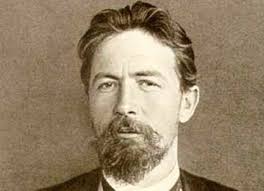
Let’s hear it for poems that end with a question. Reason? Questions are more fun than statements. Questions better reflect life, which is, after all, nothing but a big question mark. Good question makers are much more inspiring to be around and to talk to than big pronouncement types who hit us with their ego-driven blah, blah, blahs like so many blasts of hubris in a growing balloon.
Last time out I discussed a New Yorker poem that gave me pause like so many big-glossy-winning poetic efforts do. You know, the type poem that has you saying, “Really?” to some imaginary editor with an imaginary dream job.
Today, though, I come not to bury Caesar but to praise him (move over Mark Antony). The Sept. 4, 2017, issue serves up a breezy philosophical piece by old friend Stephen Dunn, a poem that ends on a question that, like every good question, leaves you thinking. Have a look, why don’t you:
Very cool, don’t you think? Especially if you consider your mind a “house” of sorts. We are all troubled guests in our short durations here, and just when we think we’ve stumbled upon the key to happiness, we are disabused of the notion in swift fashion.
Some people, for instance, think the key to happiness is a new start, as in moving away. They quickly discover, however, that you can’t move away from yourself. That “house” we call a mortal coil moves with you.
Money? An inheritance? It is to laugh. In that sense, Dunn’s poem is a cautionary laugh, a troubled, how-did-this-happen laugh.
I don’t know about you, but I like troubled poems, ones with furrowed brows, ones that finish in a questioning tone. It’s as if the poet brings up a problem in life and then hands it off. “Here,” he seems to say, giving it over like a meditation bead, “why don’t you chew this over for a bit.”
And so, we’re left with bougainvilleas and Carraway-less dreams that gently disturb us. Isn’t that what good poetry ending in questions do? Isn’t that one thing we ask of them?








